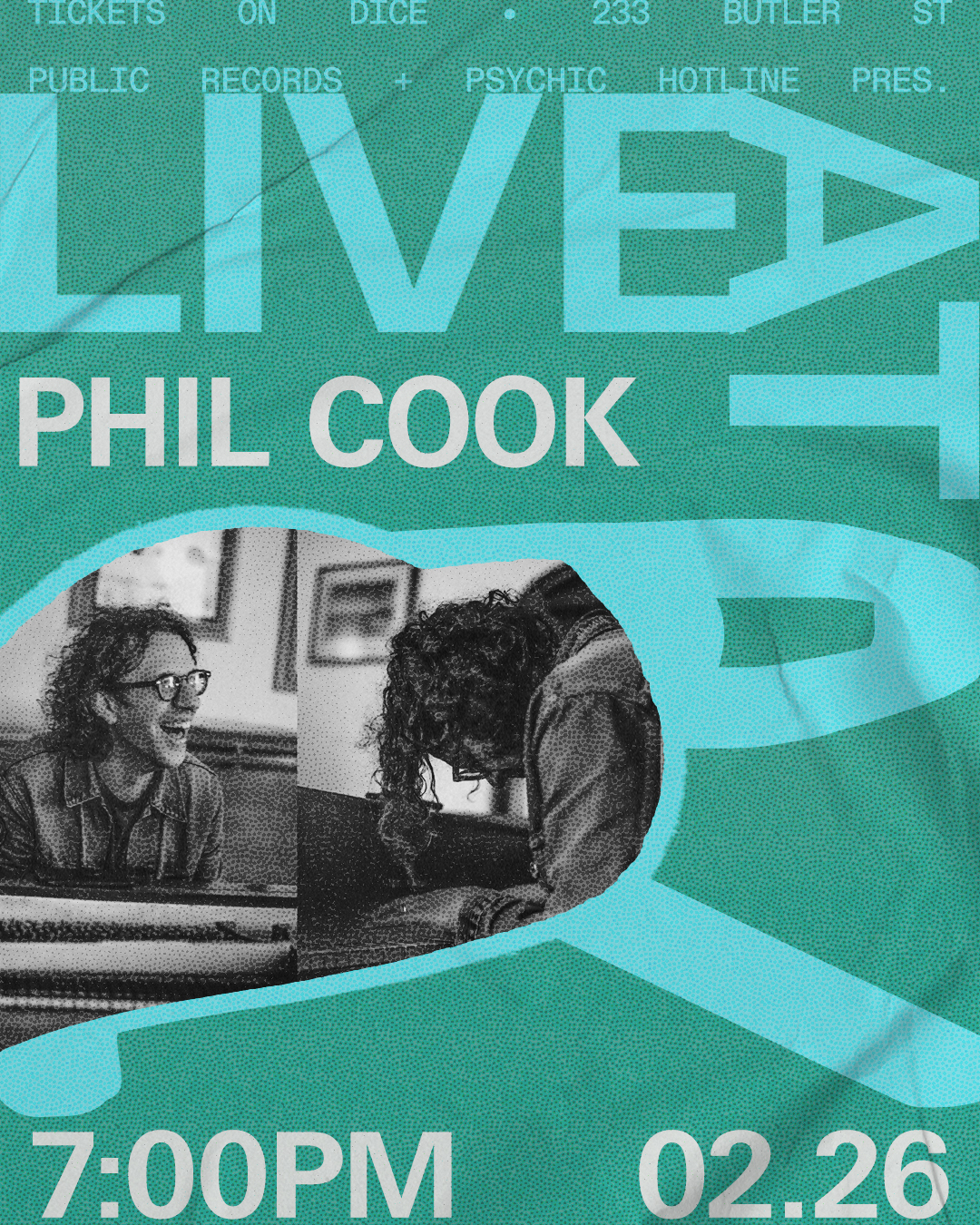You already know Phil Cook, at least if you’ve listened to any of the most essential folk-rock, indie rock, or even gospel records of the last decade. The spirited piano solo on Hiss Golden Messenger’s “Day O Day,” the incisive melody of Bon Iver’s “AUTAC,” the mesmerizing elegance of the keys on Hurray for the Riff Raff’s “Life on Earth”—yes, those are all Phil Cook, a beloved collaborator capable of transforming an entire song with a pretty lick here, a sharp line there. The War on Drugs, The Blind Boys of Alabama, Ani DiFranco, Nathaniel Rateliff, Frazey Ford, the Indigo Girls: Cook’s partnerships in just the last dozen years shape their own best-of.
But now, Phil Cook has returned to his first musical love: solo piano. It is, after all, the instrument of his upbringing and now the most direct line between his fathoms-deep sensitivity and the ears of his audience. On the new release, All These Years, Cook’s playing—a chronicle of gorgeous and emotionally expansive meditations—reorients expectations of solo piano composition and improvisation. Indeed, that exquisite album is just the start for a player approaching the grand old instrument from the perhaps unlikely foundation of American folk music.
Two decades ago, Cook left his native Wisconsin for North Carolina, largely to be closer to the American roots music that had taken over his life. The blues, bluegrass, old-time, country: They formed a composite lingua franca for Cook, who began to deliver his keen understanding of these sounds with a guitar or a banjo, a slide or fingerpicks. He funneled that information into his pioneering avant-folk band Megafaun and subsequent duties as an in-demand sideman. But in early 2020, Cook paused his relentless touring duties with others, intent on focusing on how all his experiences and erudition could fit into his own songs. He found a cabin in the North Carolina mountains and woke early and wrote late, penning aubades and nocturnes and endearing reflections on his own life. The results feel like a mirror held to a heart and mind squinting to find light in our age of darkness, hope in a moment where it’s easier to believe in its absence.
Traditional folk music, we are rightly told, was often the sound of people getting by, of chronicling despair and worry so that they might get through that stuff, if only for the next five minutes. Technique and melody and vocabulary aside, that is the absolute essence Phil Cook summons at the piano, whether supporting some famous singer or offering the warm flicker of his solo work. This is music that makes you glad to have heard it, glad that it exists, glad that you’re here with the chance to be glad at all.
